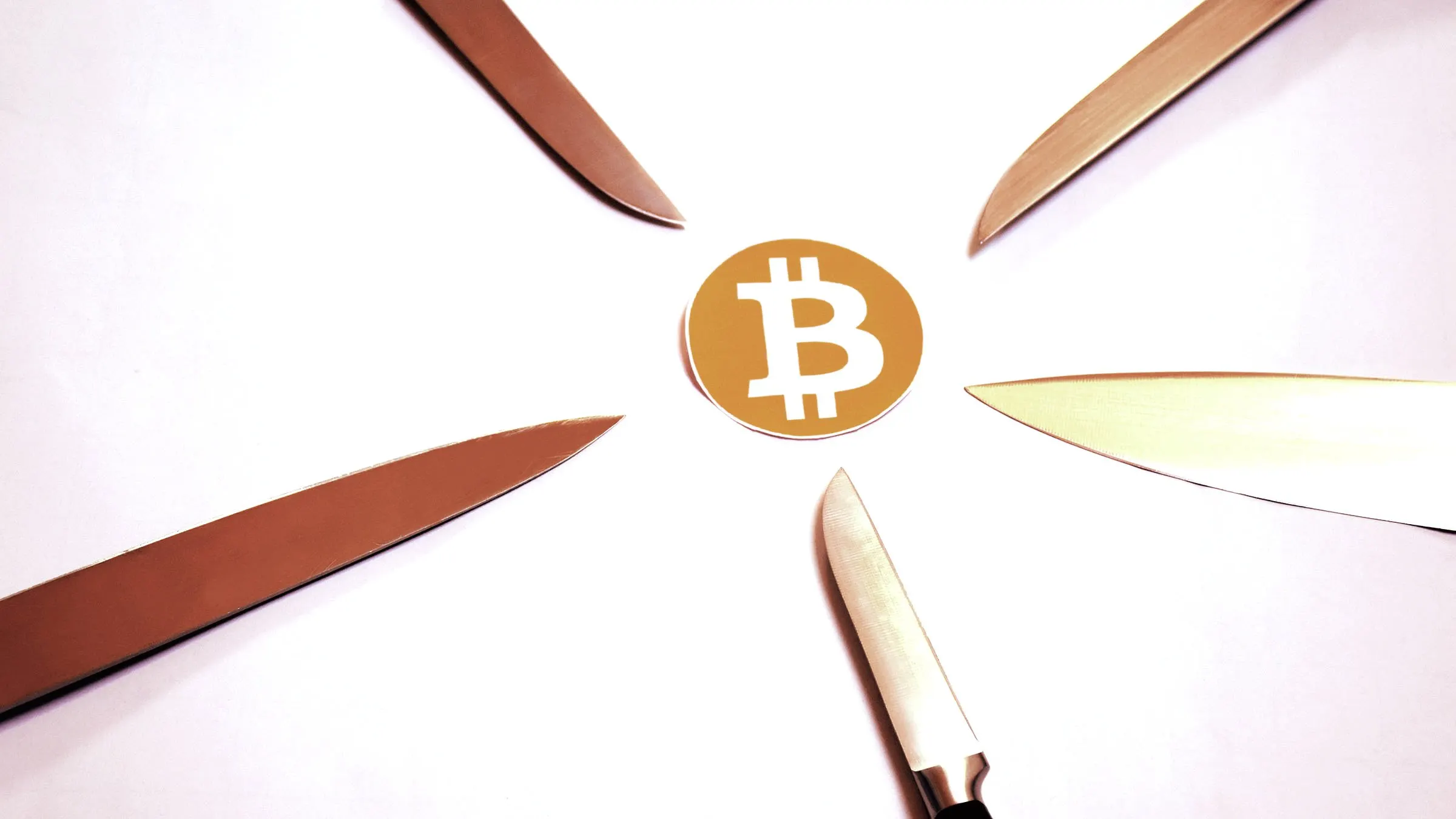The enduring popularity of Bitcoin is largely due to the fact that no third party controls it, including governments. But even if that's the case, the currency's developers are constantly mulling over how powerful entities could poke holes in the technology, attack it, or bend the rules.
One potential attack vector on Bitcoin is that the nodes on the network communicate with each other via unencrypted traffic. Powerful interests like governments and Internet Service Providers (ISPs) could use this weakness to wage "man in the middle" attacks on Bitcoin nodes, where they can secretly gather information about sent transactions.
To combat this, BIP 324 is a long-standing Bitcoin Improvement Proposal to encrypt traffic between nodes on the Bitcoin network. This makes network metadata, like the location a transaction is coming from, more private, making it harder for snoops to spy on what users are doing.
The project was revived in 2021 by Bitcoin Core developer Dhruv Mehta, following up on work done by former Bitcoin Core maintainer Jonas Schnelli over the years.
And the project is nearing completion. Most of the code is already written and Bitcoin users are already testing the code on the main Bitcoin network. It just needs more developers to test and review the changes to get it fully over the line.
Censoring Bitcoin
Mehta's been heads down on bringing BIP 324 to life because he sees it as an important change for keeping Bitcoin out of the control of powerful entities. If powerful entities with access to what users are doing online‚such as ISPs and governments—can passively figure out what nodes are up to and where transactions are coming from, they can be easily stopped or "censored," which Bitcoin was expressly designed to avoid.
He sees this sort of an attack as increasingly likely as Bitcoin grows. He explained that the "philosophical reason" for working on BIP 324 is because governments will try to figure out how to stop Bitcoin if it continues to gain steam..
One natural target would be Bitcoin "nodes,”the thousands of computers run by volunteers around the world that run the Bitcoin software. These nodes are what make up Bitcoin behind the scenes.
"If they can attack nodes, they can make it very hard for you to use Bitcoin,” Mehta explained.. “They can eclipse your node. They can identify that you are running a Bitcoin Core node. They can identify the source of the transactions. They can make it very very hard to run the node.," Mehta explained.
Though it's not just governments he worries about, but any entity with enough resources to wage such an attack.
"I'm less interested in who might do it, I'm more interested in what's possible to do, he said.. “If something is possible and there's an incentive to do it, then any entity might do it. It's easy to speculate about governments because they have seemingly infinite resources, but could it be ISPs? Maybe. If the shadow banks are impacted could it be them? Maybe," he explained.
Raising the bar
That's not to say that BIP 324 will fully prevent these sorts of attacks will end full stop with BIP 324. Bitcoin is a permissionless system. Anyone can participate by running a node and connecting to other nodes in the network. "A man-in-the-middle attack just looks like another node. You can't really stop that," Mehta said.
But BIP 324 does make gathering this data much harder. The attacker would need to connect to, -- or "man-in-the-middle," -- every node that it wants to gather information from.
WNot to mention, without BIP 324, an adversary could collect information about these nodes without even being noticed. With BIP 324, it's easier to notice when an attacker is trying to collect this information, because they have to make explicit connections to each node that they want to gather information from.
"You're no longer a passive adversary who can do this covertly," Mehta said.
Making all these individual connections is alsomuch more expensive. "If you raise the bar from passive to active, then it takes a lot more resources to do these things, so what then happens is, there has to be a bigger reason to do it." Mehta said, adding: "Today [attackers] could go after very small amounts of Bitcoin because they can potentially be so targeted with it."
Implementing BIP 324, when implemented, will make Bitcoin stronger, even if it doesn't eliminatewipe out the attack vector completely. "I want the worst case scenario to be less bad," Mehtahe said.

